Microwave Ovens And Your Health:
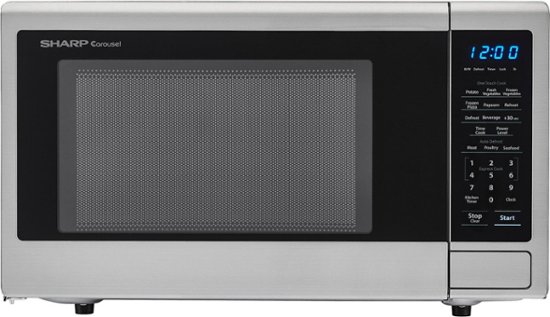
Microwave Ovens and Your Health
I’ve had wondeful success baking small cakes,
muffins, and cookies in minutes in the microwave.
Have fresh-baked 1-minute muffins for breakfast.
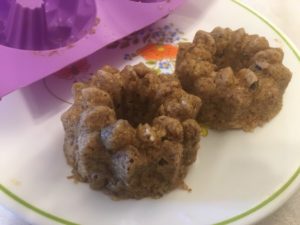
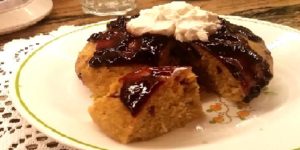
Being married to an electrical engineer
gave me the confidence to use a microwave
oven. The explanation of how it works sounded
safe enough to me.
I personally have used a microwave oven
consistently for about 40 years, and our family
has not suffered any ill effects from doing so.
If you have concerns about it, or are unfamiliar
with how it cooks, I recommend reading this link:
https://www.healthline.com/nutrition/microwave-ovens-and-health

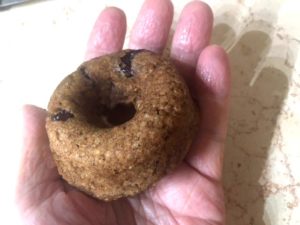
I cook frozen vegetables, hot cereal, even soups,
in a matter of a few minutes. You can enjoy quick
vegetable soup from fresh or frozen vegetables.
I keep glass and ceramic dishes and mugs that
specify “microwave safe.” For food safety, I avoid
plastic, and I’m still leary of silicone.
How It Works:
Basically, the magnetic field is like your cell phone,
except that a microwave oven is fully shielded. You
should always stay at least a foot away when in use.
Microwave ovens are kitchen appliances that
turn electricity into electromagnetic waves called
microwaves.
These waves can stimulate molecules in food,
making them vibrate, spin around, and clash
with each other — which turns the energy into
heat.
This is similar to how your hands heat up when
you rub them together.
Microwaves primarily affect water molecules but can
also heat up fats and sugars — just to a lesser extent
than water.
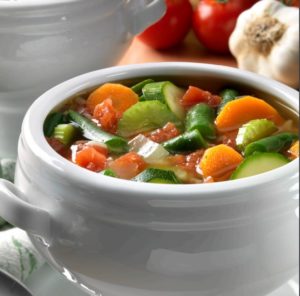
Every form of cooking reduces the nutrient value of food.
According to two reviews, microwaving does not
reduce nutrient value more than other cooking methods
The main contributing factors are temperature, cooking
time, and method. During boiling, water-soluble nutrients
may leak out of the food.
As far as microwaves go, cooking times are generally
short and the temperature low. Plus, the food is usually
not boiled.
For this reason, you would expect microwave ovens to
retain more nutrients than methods like frying and boiling.
One study on 20 different vegetables noted that microwaving
and baking preserved antioxidants the best, while pressure
cooking and boiling did the worst.
However, one study found that just 1 minute of microwaving
destroyed some of the cancer-fighting compounds in garlic,
while this took 45 minutes in a conventional oven.
Another study showed that microwaving destroyed 97%
of flavonoid antioxidants in broccoli, while boiling only
destroyed 66%.
This study is often cited as evidence that microwaves
degrade food. Yet, water was added to the microwaved
broccoli, which is not recommended. It caused it to boil.
Keep in mind that the type of food or nutrient sometimes
matters.
It is not recommended to heat human milk in a microwave
because it can damage antibacterial agents in the milk.
With a few exceptions, microwaves tend to preserve
nutrients very well.
========================




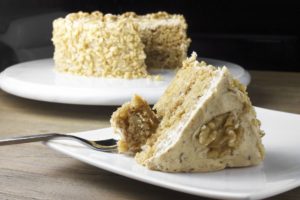

You must be logged in to post a comment.